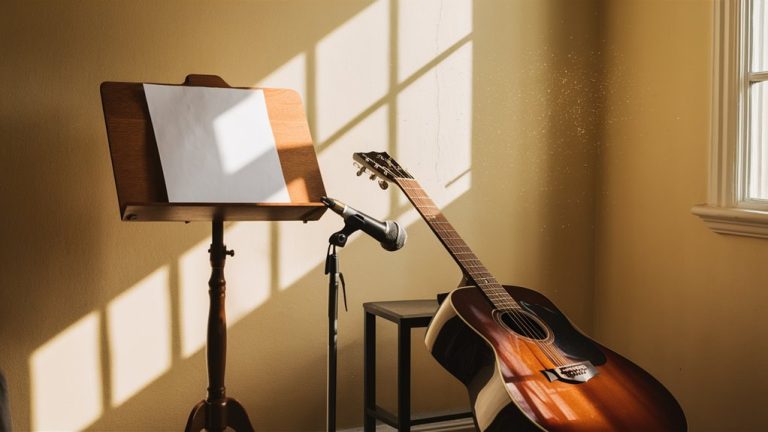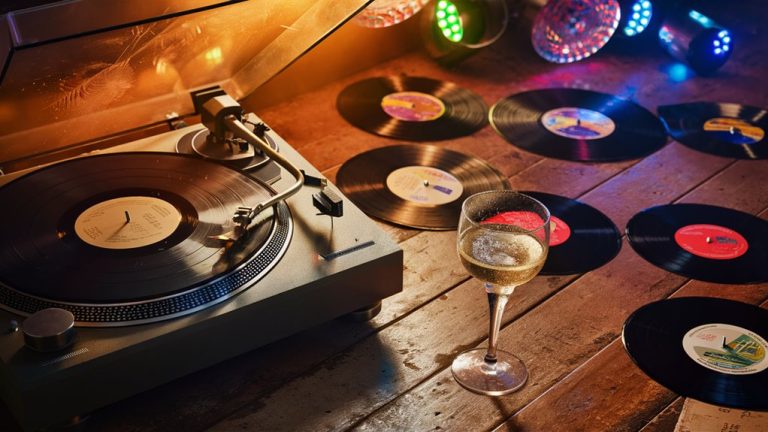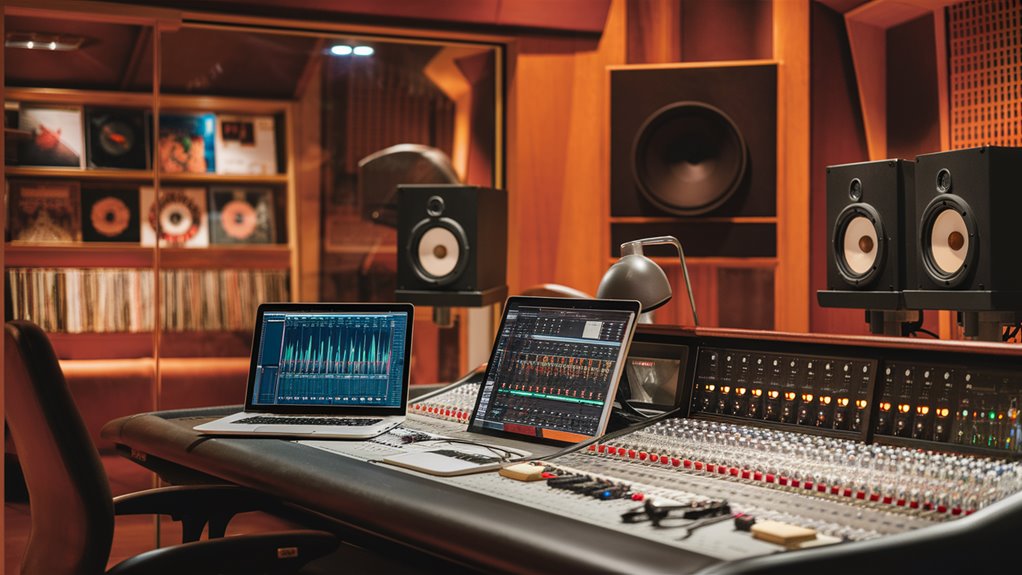
Getting Karaoke Tracks: The Full Guide
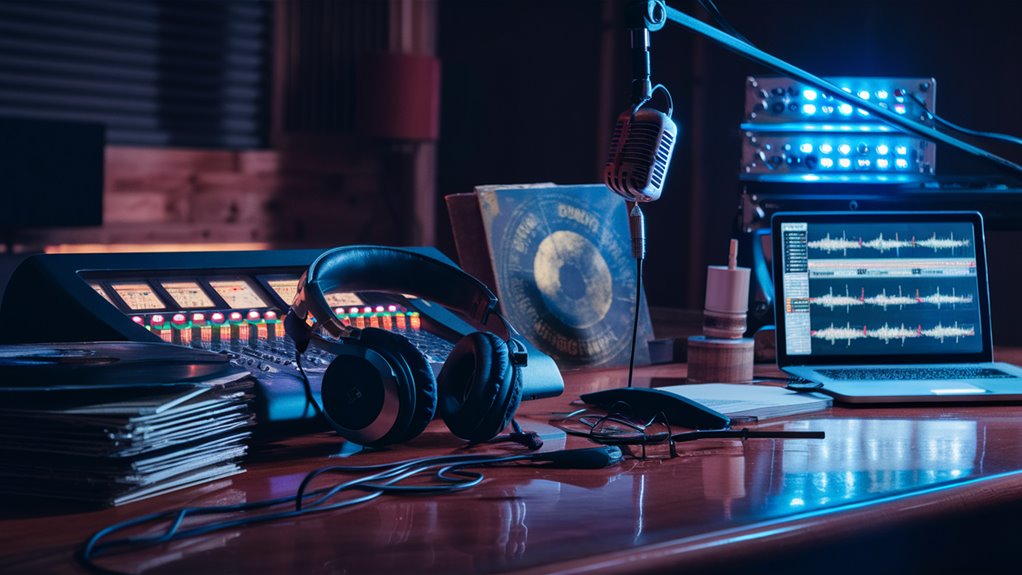
Law Needs and Sound Rules
Getting the right karaoke tracks requires understanding the laws and sound needs. It’s more than just acquiring MP3s. You need to be aware of licenses and sound quality rules.
License and Rights Must-Knows
Karaoke tracks should come from legitimate sources to ensure proper license rights. These include:
- Licensed karaoke track groups
- The music stores
- Approved digital groups 호치민 퍼블릭가라오케
- Known karaoke makers
Sound Quality Needs
Sound Details
- Top sound (at least 256kbps)
- Good voice cut
- Professional mix and master
- Good music separation
- Lyrics display correctly
Markers for Good Sound
- Studio sound
- Proper tempo and pitch
- Professional guide tracks
- Functions in various settings
- Consistent volume level
Pro Way to Get Songs
Secure karaoke songs from:
- Established karaoke services
- Professional party groups
- Licensed music stores
- Certified sellers
Acquire these to comply with laws and maintain the best sound for professional karaoke shows.
Know About Track License
The Full Guide on Track License
Key Rights Info
Karaoke tracks encompass two main rights components: the music rights and the sound rights.
Merely buying or playing songs does not grant full rights. Different licenses are necessary depending on usage.
Need for Public License
Playing songs in public requires rights from rights organizations such as:
- ASCAP
- BMI
- SESAC
No additional license is needed for home use.
Licenses for Different Uses
Different uses require different rights:
- Online sites: Often include basic rights
- Making videos: Requires sync rights
- Making records: Requires special rights
- Hosting shows: Requires full rights
Best Pro Ways
Professional karaoke hosts should:
- Collaborate with legitimate track groups
- Verify clear license terms
- Ensure compliance with rights
- Maintain all rights documents
- Select groups with direct rights access
Licensing To-Do List
- Identify intended use type
- Research necessary licenses
- Obtain required approvals
- Archive all license agreements
- Stay current with renewal requirements
- Verify venue license coverage
This approach ensures compliance with legal standards while maintaining professional use of karaoke tracks.
Pro Karaoke Track Groups
Guide to Pro Karaoke Content
Know Pro Karaoke Track Services
Professional track providers offer necessary, authorized music to venues, hosts, and shows. Top providers like Karaoke Version, SoundChoice, and Partytools offer extensive digital catalogs with appropriate licensing.
What Good Providers Offer
Quality karaoke requires expert sound production and frequent updates. Leading providers are known for:
- Various formats (MP3, MP4, CDG)
- Excellent sound mixing and clear vocals/music
- Rights to public performance
- Regular new releases
- Rights for various locations
Subscriptions and More
Platforms like Karafun and All Singing change song access by providing:
- Unlimited song libraries
- Live pitch and tempo adjustments
- Smart playlist tools
- Cloud storage options
- Automatic new song additions
Check Before You Pick
Select providers based on:
- Consistent sound quality
- Frequent new songs
- Availability in your region
- Reliable customer support
- User-friendly interface
Choose providers with strong licensing, constant song updates, and superior sound quality for optimal performance and legal compliance.
Sound Rules
Pro Sound Rules for Karaoke
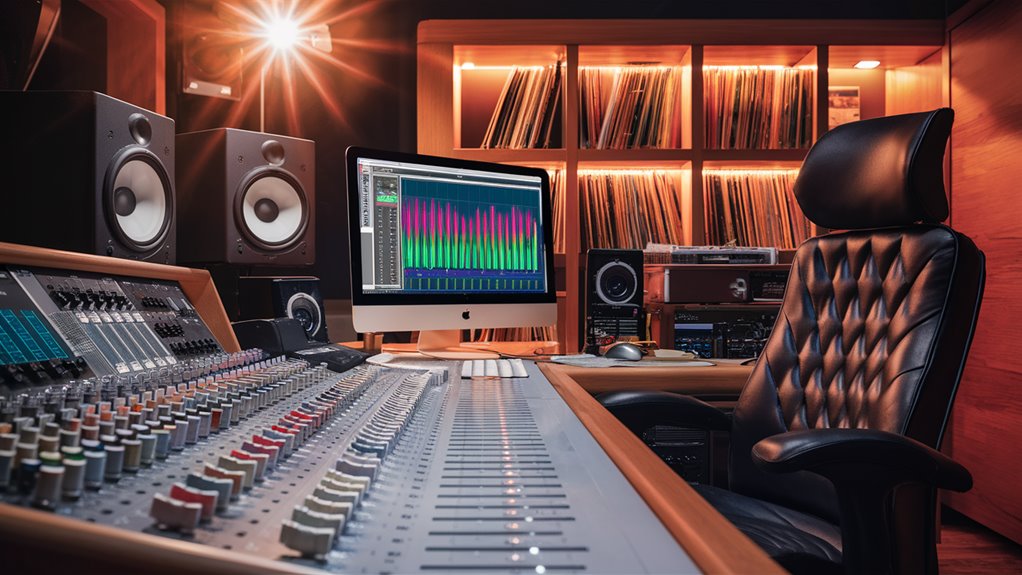
Must-Have Sound Specs
Good sound is essential for top karaoke enjoyment.
Requirements include a bit rate of at least 256 kbps in MP3s, and lossless formats like WAV or FLAC for optimal sound.
Tracks should span a sound range from 20Hz to 20kHz for accurate audio representation.
More Sound Needs
Stereo and balanced mixes are crucial for professional karaoke tracks.
The backing music should be distinctly separated, with each instrument clearly defined.
High-quality tracks maintain a dynamic range of 60dB or more, ensuring vibrant audio dynamics and an authentic experience.
Sound Checks
Preventing sound errors is crucial for professional tracks. Checks include:
- Clear voice cut without echo issues
- No digital distortions
- No extraneous noises
- Consistent volume levels
- Accurate lyrical synchronization
These checks guarantee exceptional performances across all karaoke systems with premium sound quality.
Digital Types Guide
Guide on Digital Formats for Karaoke
Key Sound Types for Karaoke
Selecting digital formats correctly is vital for the best karaoke experience. Popular formats include MP3, WAV, and M4A.
MP3 is widely used, offering effective compression rates from 128-320 kbps while retaining substantial sound quality.
Pro Sound Rules
Uncompressed WAV files are ideal for professional applications, delivering superior sound and preserving all audio details.
Despite requiring significantly more storage space—often 10 times more than other formats—WAV files provide ample room for audio processing and modification.
Online and Space Options
For online use, AAC and OGG formats excel with superior compression-to-quality ratios, facilitating swift and convenient audio transmission.
Professional karaoke setups entail these specifications:
- Sample rate: Minimum 44.1 kHz
- Bit depth: 16-bit standard
- Compatibility with various formats: CDG (CD+Graphics)
- Compressed files: ZIP archives with synchronized audio and lyrics
Check Before You Use
Always assess system compatibility before acquiring tracks. The CDG format must function in professional configurations, while MP3+G files are contemporary favorites.
Ensure your selection aligns with your karaoke setup for seamless performances.
Save and Backup Options
Save and Backup Ways for Karaoke
Main Save Ways
Solid-state drive (SSD) technology forms the foundation of effective karaoke storage solutions.
Fast SSDs enable swift track retrieval and seamless playback essential for professionals. This primary storage layer ensures no delays during live events and optimal system responsiveness.
Strong Backup Build
Local Backup Options
External hard drive backup systems offer crucial redundant data protection through daily syncing.
The recommended 4TB capacity provides an optimal balance of space and cost for extensive karaoke libraries. Adequate separation between main and backup drives is essential for disaster recovery. Hidden Fees in Karaoke Rooms: What the Price Tags Don’t Tell You
Cloud Save Add
Leading cloud backup services like Backblaze and Google Drive ensure optimal data security through:
- Automated synchronization
- Unlimited storage
- Advanced encryption standards
- Remote accessibility
File Plan Way
A uniform file structure across storage locations optimizes system efficiency through:
- Consistent folder hierarchies
- Standardized naming conventions
- Simplified track retrieval
- Cross-location compatibility
This multilayered storage solution safeguards maximum data while maintaining peak performance for professional karaoke applications.

